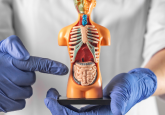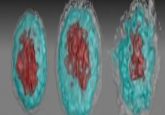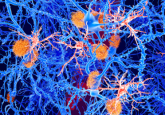Devil stem cells to the rescue
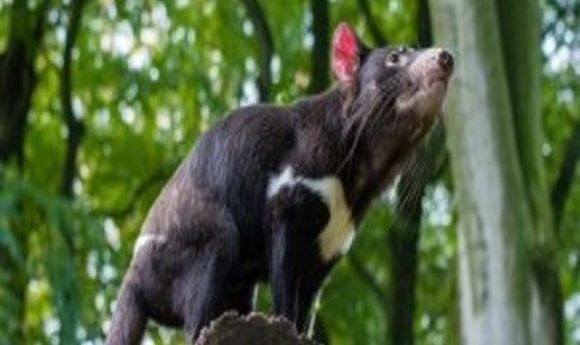
Tasmanian devils are fighting off devil facial tumor disease and the threat of extinction. Will stem cells solve the problem?
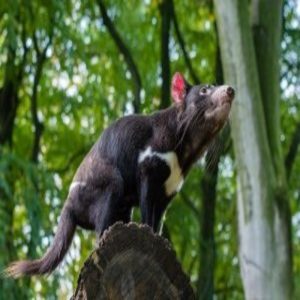
Tasmanian devils are large and carnivorous and the inspiration for a comical Looney Tunes character created in the 1950s. In reality, this species is fighting a dire battle against extinction. Since the mid-1990s, devils have been dying from a transmissible cancer called devil facial tumor disease.
“I think you just have to see one photo of a devil with devil facial tumor disease and it just breaks your heart!” said Deanne Whitworth from the University of Queensland. “The fact is that it is doing so much damage to the population.”
Hoping that stem cells may help the rapidly dying devils, Whitworth’s team generated Tasmanian devil induced pluripotent stem cells (DeviPSCs) for the first time. They introduced this important new research tool in the journal Stem Cells and Development.
The researchers began by isolating Tasmanian devil dermal fibroblasts, which they reprogrammed into iPSCs. The scientists selected four DeviPSC clones that produced well-defined, undifferentiated stem cell colonies that were capable of differentiating into endoderm, mesoderm, and ectoderm. As with mouse and human stem cells, culturing DeviPSCs in the presence of certain growth factors maintained pluripotency, while others promoted proliferation. To date, the cells continue to proliferate and remain undifferentiated, making them a valuable resource for future studies.
Elizabeth Murchison, an investigator at the University of Cambridge, who was not involved in this study is excited about these findings. “First of all, they showed that this approach can reprogram marsupial cells in the same way as in eutherian mammals,” she explained. “Also they chose Tasmanian devils, which I think is fantastic because it is a species that needs all the help it can get!”
Since devils are already endangered, it is hard to acquire tissue samples for studies. However, DeviPSCs should help researchers bypass this issue and offer the ability to study different cell types in vitro. Whitworth and her team are already pursuing these studies by differentiating DeviPSCs into mesenchymal stem cells (MSCs).
“We know that harvested MSCs from the majority of species that have been looked at have very potent immune modulatory and anti-inflammatory behavior,” Whitworth explained. “We are exploring that in the Tazzy devil with these cells and also in response to facial tumor cells in culture.” Whitworth also plans to genetically manipulate the MSCs in attempt to stimulate an immune response.
